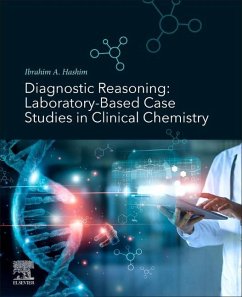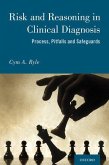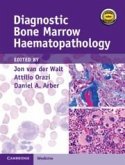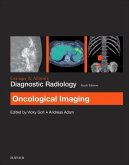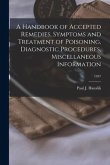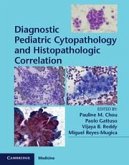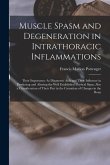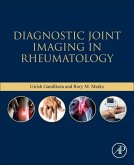Training in clinical chemistry is acquired via different avenues that include didactic lectures on pathophysiology of disease, methodologies and practical aspects of testing, and through attendance of operations meetings, sign-out sessions, seminars and tutorials. There is little instruction on how to apply the vast amount of knowledge gained in the process to practice. In other branches of medicine, cases are regularly presented with clinical information and therapeutic interventions which form the basis of training. Diagnostic Reasoning: Laboratory-Based Case Studies in Clinical Chemistry fills this gap for clinical chemistry. The concise and practical approach of the book, including real-life scenarios, is an excellent resource for pathology trainees, clinical laboratory science students, clinical chemistry fellows, clinical laboratory professionals, and clinicians. These cases help professionals remain competent in the field and be successful in their board exams. The cases are stated as they present, often with no or few clinical details accompanying the sample request with only barcoded samples arriving into the laboratory. In a busy laboratory, thousands of these cases are received daily and it is impossible to review the clinical information associated with the specimens.
Hinweis: Dieser Artikel kann nur an eine deutsche Lieferadresse ausgeliefert werden.
Hinweis: Dieser Artikel kann nur an eine deutsche Lieferadresse ausgeliefert werden.

